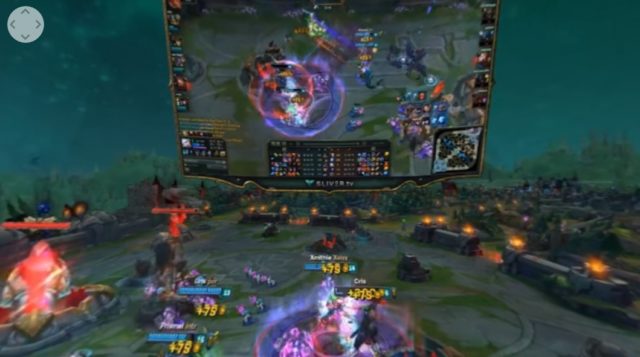ESports fans will be able to watch the Intel Extreme Masters in a whole new way thanks to a partnership between ESL and Sliver.tv, a 360-degree virtual reality platform. On Nov. 19 and 20, spectators can immerse themselves into livestreams of Counter-Strike: Global Offensive (CS:GO) and League of Legends through VR and 360-degree video, enhanced with live stats, for the first time.
Intel Extreme Masters Oakland will be broadcast in VR through Sliver.tv’s platform that is viewable through a website, mobile device or VR headset. The stream will be viewable on the company’s website and for those who download and install the Sliver.tv Android and iOS apps. Those watching via website, app or Google Cardboard will experience the stream in a 360-degree format. For those who really want to step into the action, the Sliver.tv GearVR, Oculus Rift and HTC Vive apps will stream in full VR.
“Our vision is to transform the eSports spectator landscape forever,” said Mitch Liu, co-founder and CEO of Sliver.tv, “and incorporating augmented live stats into our VR 360 livestreams of CS:GO and LoL is a big step towards this vision.”

Viewers around the world will get access to real-time stats including player KDAs (kill-deaths-assists), event timeline with bomb plants, defuses, kills with various weapons and “key moment” stats such as 2K, 3K, and multi-kill streaks by players in the round.
“Having a real-time, in-depth look at everything that happens in a CS:GO match is something unique to a VR broadcast,” Stuart Ewen, product manager for ESL, said in a statement. “Now, viewers not only have a bird’s eye view of all the action and a first-person feed, but also all of the statistics to put together a high level view of how a round or match unfolds. All of this is only possible in a VR environment.”